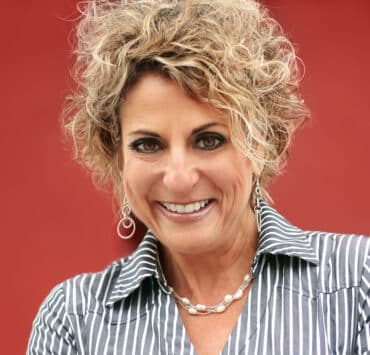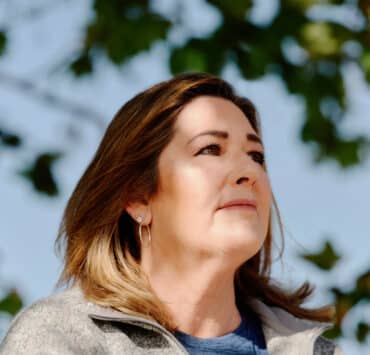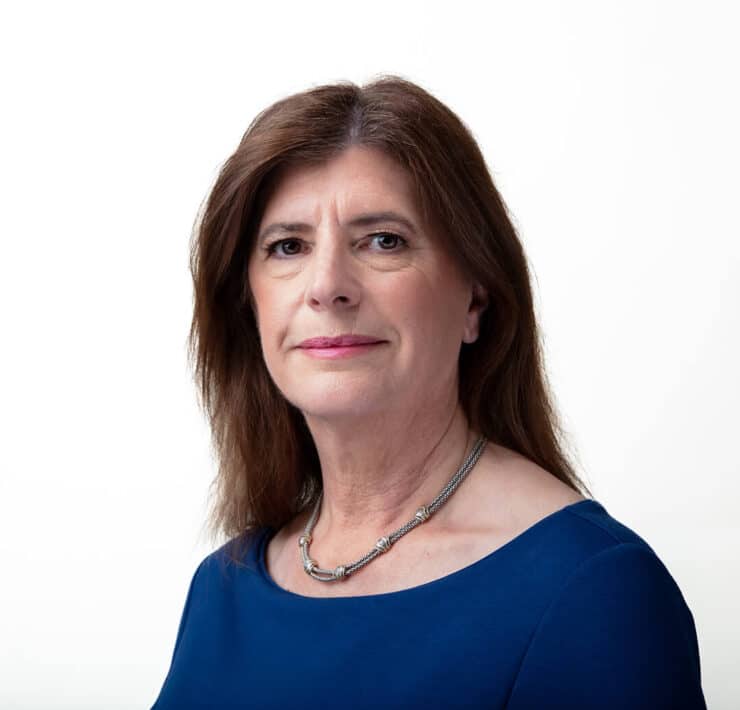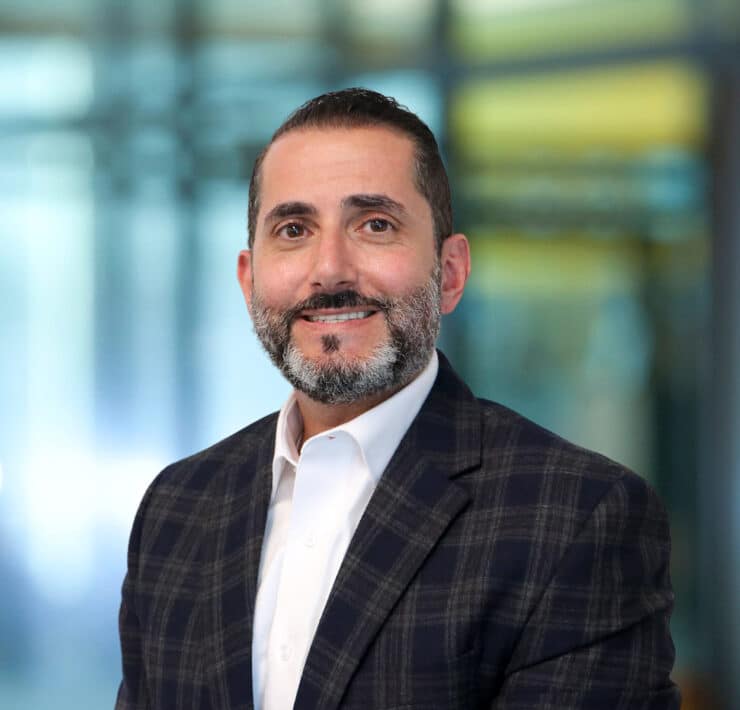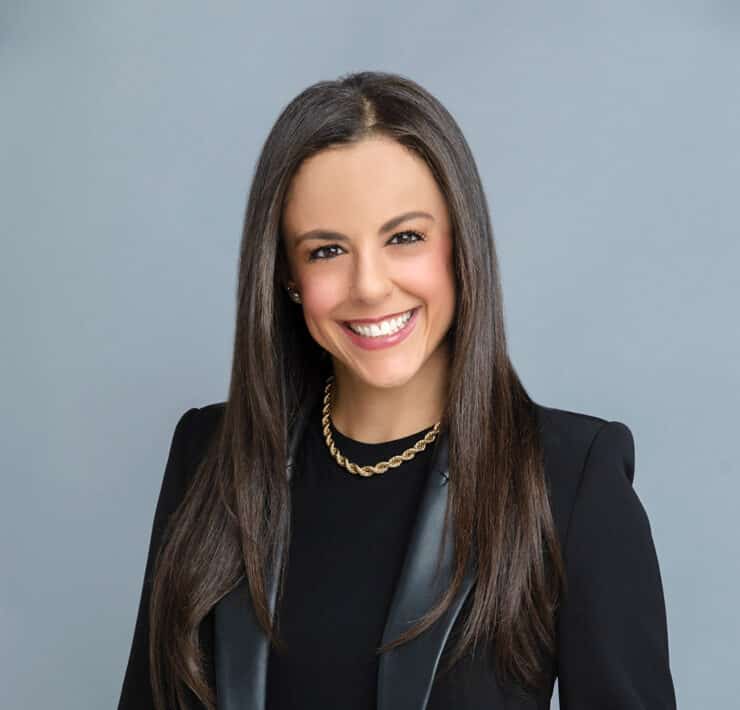Jonathan Alger Makes Higher Learning Accessible and Equitable
- How JMU president Jonathan Alger deals with COVID, academic inequities, and the constant challenges of keeping students engaged

|
Getting your Trinity Audio player ready... |
Jonathan Alger took a rather unconventional path to the presidency of Harrisonburg, Virginia-based institution James Madison University (JMU).
His first foray into higher education was as an attorney-advisor for the US Department of Education, then as associate counsel for the American Association of University Professors. As an assistant general counsel for the University of Michigan, he worked on a couple of landmark cases on diversity in admissions that went to the US Supreme Court.
After seven and a half years as vice president and general counsel at Rutgers, Alger became JMU’s sixth president in 2012.
That background evinces Alger’s staunch commitment to servant leadership, which has been a pillar of his tenure since he took office at JMU. “How do I enable and empower students to be the change they want to see in the world?” he says of his priorities as president—not just change that will happen in the future, but what people can do right now.
That perspective stems back all the way to his first days at JMU, where he went on a listening tour of the campus and at events across the country with alumni and internationally. This gave him vital feedback on what makes the university special and how he can make it a rewarding place to live, learn, and work.
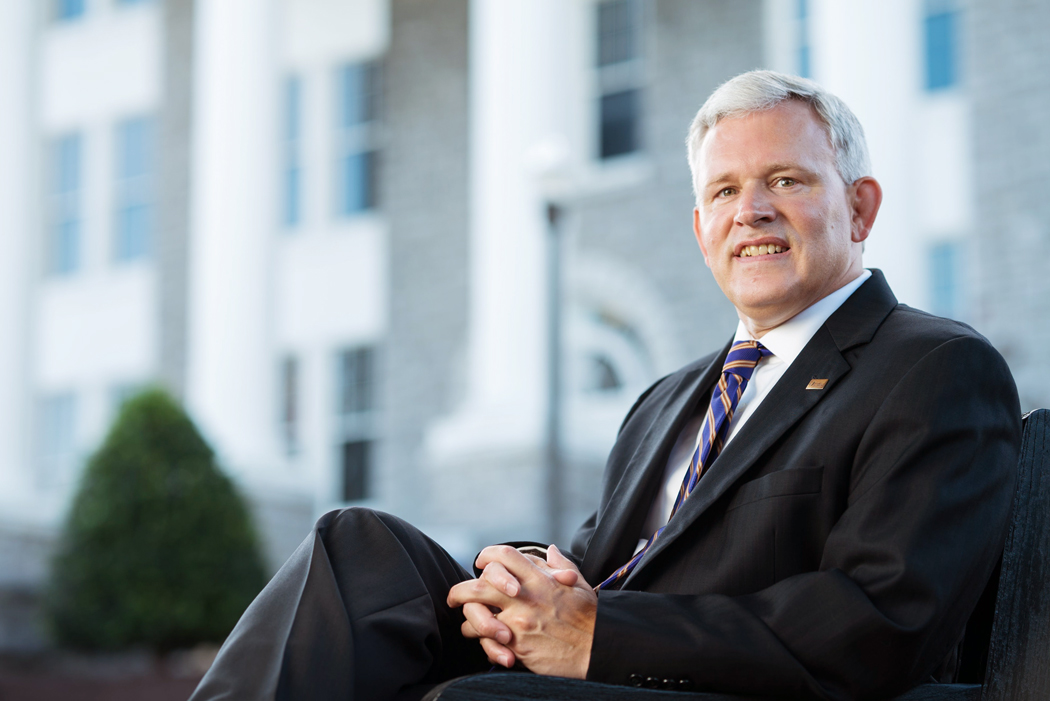
“Listening is often one of the most undervalued leadership skills and attributes,” Alger says. “But it’s really important, especially here in the twenty-first century.”
Being such an active servant leader on campus, Alger has spearheaded several initiatives to help continue elevating JMU’s profile from a smaller teachers’ college to one of the most progressive, highly engaged institutes of higher learning in the South.
Chief among them was building on the university’s existing efforts to promote active learning: JMU had already been fostering high-impact learning practices for years, but Alger worked to coordinate these initiatives to maximize student engagement.
Alger created an engagement advisory group to perform an assessment focused on engaged learning, as well as civic and community engagement—“not just what happens inside the classroom, but outside the classroom as well,” he explains.
“Universities like JMU are living, learning organisms. We adapt and change and grow and evolve.”
Jonathan Alger
From there, they set measurable goals to increase access to undergraduate research opportunities, study abroad, and more to students of all different backgrounds and majors.
But active learning also involves engaging teachers as well as students, which led Alger to start a program called Engagement Mini-Grants, a partnership with JMU’s Faculty Senate to fund faculty proposals for creative teaching measures or other methods of student engagement.
“This allowed us to recognize and acknowledge faculty members with creative ideas, and let them get those ideas off the ground across the curriculum,” Alger notes.
Diversity and inclusion have also been a major component of Alger’s platform as president, even before the George Floyd protests initiated system-wide reappraisal of racial equity across a number of institutions in 2020. This is especially challenging for JMU, which serves a majority-white population in rural Virginia and has its own complicated history with race.
In February, the university’s board of visitors voted to rename three buildings that were named for Confederate leaders—including renaming one for JMU’s first Black student and graduate, Dr. Sheary Darcus Johnson.
Alger’s work extends beyond the aesthetics and optics of JMU’s demographics, including major projects to improve racial and socioeconomic diversity among the university’s twenty-two thousand students.
One model he brought to JMU is the Valley Scholars Program, a partnership with local school districts that seeks out students with academic potential who would be first-generation college students and provides positive intervention and reinforcement. The program offers college prep courses and visits to the campus; if the students’ grades stay high enough, they get a full-ride scholarship to JMU if they choose.
“There isn’t one silver bullet that takes care of all the issues.”
Jonathan Alger
It’s all to provide access and opportunity for students who wouldn’t otherwise have them, Alger says.
While these efforts go a long way to addressing the systemic inequalities JMU has endured, Alger notes that this is just the beginning of a longer journey to make the university truly equitable. “Part of what I’ve tried to help our community understand is that it’s a marathon and not a sprint,” he stresses. “You need a multifaceted approach; there isn’t one silver bullet that takes care of all the issues.”
Like most institutes of higher learning, JMU had to adjust quickly to the challenges presented by the COVID-19 pandemic. In addition to immediately pivoting to remote learning, Alger appointed two different working groups to address, respectively, the immediate concerns of the pandemic (such as public health, budgets, and technology support) and the big-picture innovations that would likely carry through afterwards. This includes things like online counseling, telehealth services, new forms of community and global engagement, and even a fleet of meal-delivering robots to provide contactless food delivery.
Between improving students’ ability to learn, giving students of color greater access and opportunities at JMU, and adjusting to the remote challenges of the COVID-19 pandemic, Alger is working hard to elevate his institution into a model for what other schools can do to address these pressing issues.
“Universities like JMU are living, learning organisms,” Alger explains. “We adapt and change and grow and evolve.”
